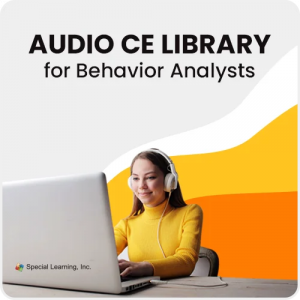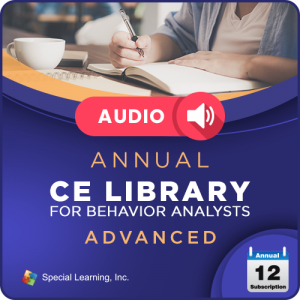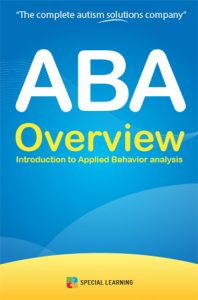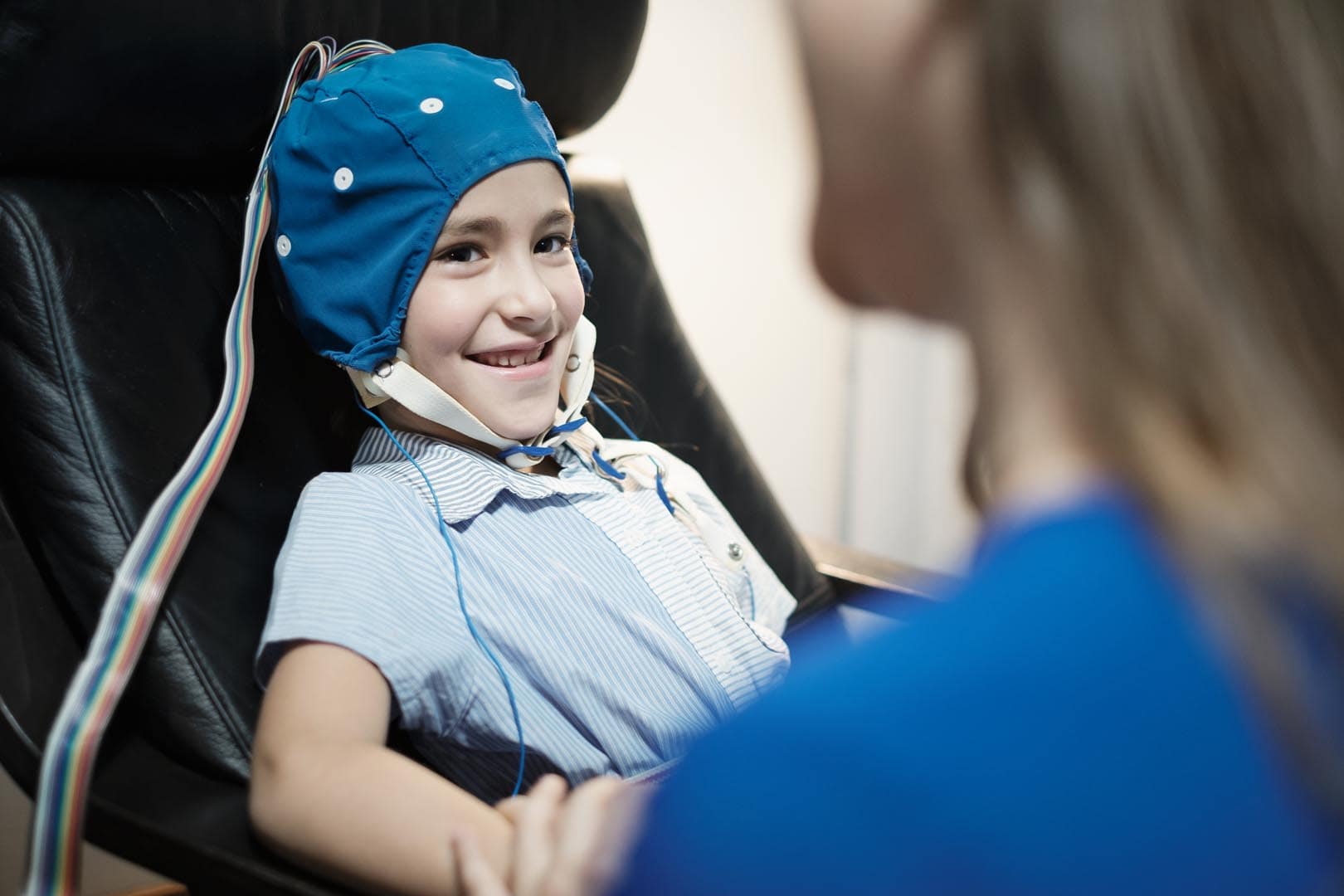Full Scale Intelligence Quotient (FSIQ)
Full-Scale Intelligence Quotient (FSIQ) is a term coined for an individual’s complete cognitive capacity. With regard to children, the Wechsler Intelligence Scale for Children (WISC) is the most commonly used test in helping measure a child’s mental capacity. Children with autism spectrum disorder (ASD or autism), more often than not, require special education to help them improve and develop skills despite their developmental disability.” into “Children with autism spectrum disorder (ASD or autism), more often than not, require special education to help them improve and develop skills despite their developmental disability—an approach that is also supported in specialized care home settings.
David Wechsler originally developed WISC in 1949. In 2003, the fourth and latest edition of WISC was published and is presently being used by practitioners to determine the intellectual strengths and weaknesses of children ages 6–16. The WISC-IV consists of four different indexes, each with its own subtests, named as follows:
Verbal Comprehension Index (VCI)
- Similarities – Here your child is asked what likeness two different words have.
- Vocabulary – Your child is usually given 35 words to define.
- Comprehension – Here your child is asked 16 questions that pertain to social situations.
- Information – This is usually a 29-question subtest about general knowledge.
- Word Reasoning – Here your child is given a word related to a specific object or a word that your child needs to be able to say.
Perceptual Reasoning Index (PRI)
- Block design – This is a timed test with your child copying a presented model with the use of blocks.
- Picture concepts – Your child is asked to identify pictures that go together in a series of pictures laid out in rows.
- Matrix reasoning – Here your child is presented with a series of pictures and will be asked to fill in the missing detail.
- Picture completion – Your child points or names a missing part of a picture that is presented to him.
Working Memory Index (WMI)
- Digit span – Here your child is given a series of numbers and is asked to repeat it either in sequence or in reverse order.
- Letter-number sequencing – Here your child is given a set of numbers and letters. The examiner will then ask for a prearranged order.
- Arithmetic – This is a timed oral questioning of arithmetic questions.
- Processing Speed Index (PSI)
- Coding – This is a timed subtest wherein children are asked to write a digit-symbol code.
- Symbol search – Here, a row of symbols and a “target” symbol are presented to your child. Your child is then asked if the target symbol is present in each row.
- Cancellation – Here your child is presented with random pictures where he is to mark target symbols given by the examiner under time pressure.

Audio CE Library for Behavior Analysts (12-Month Access)
PRICE: $199.00 $89.00

Audio Advanced CE Library for Behavior Analysts (12-Month Access)
PRICE: $199.00 $179.10
The WISC-IV provides supplemental subtests that are used as alternatives or replacements to other subtests that yielded inaccurate or wrong results due to rare circumstances. According to the WISC-IV, examinees are only allowed no more than two substitutions in an FSIQ test or not more than one substitution per index. The subtests are the following:
- Information
- Word reasoning
- Picture completion
- Arithmetic
- Cancellation
FSIQ test is conducted between 60 and 80 minutes, in total. Some children may take longer if the supplemental subtests are given. FSIQ results can range from 40 being the lowest and 160 being the highest. The average mean score is typically 100.
Reference:
Concord SEPAC, concordspedpac.org: Wechsler Intelligence Scale for Children (WISC), Retrieved March 23, 2011, from http://www.concordspedpac.org/WISC_IV.html
Copyright © by Special Learning Inc. All right reserved.
No part of this article may be reproduced in any manner whatsoever without written permission except in the case of brief quotations embodied in critical articles and reviews. For information, contact Special Learning Inc., at: contact@special-learning.com






